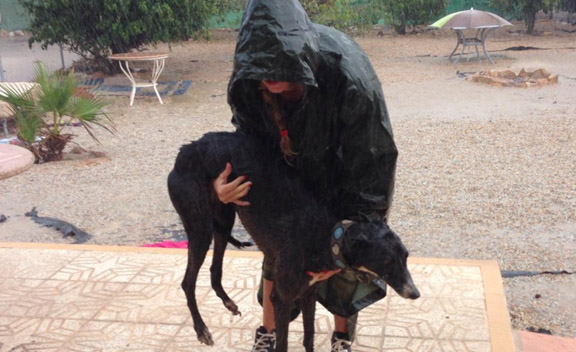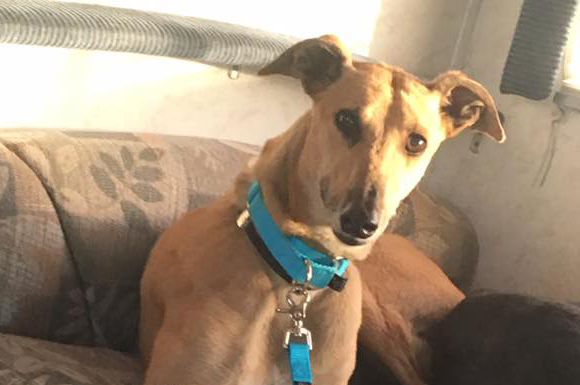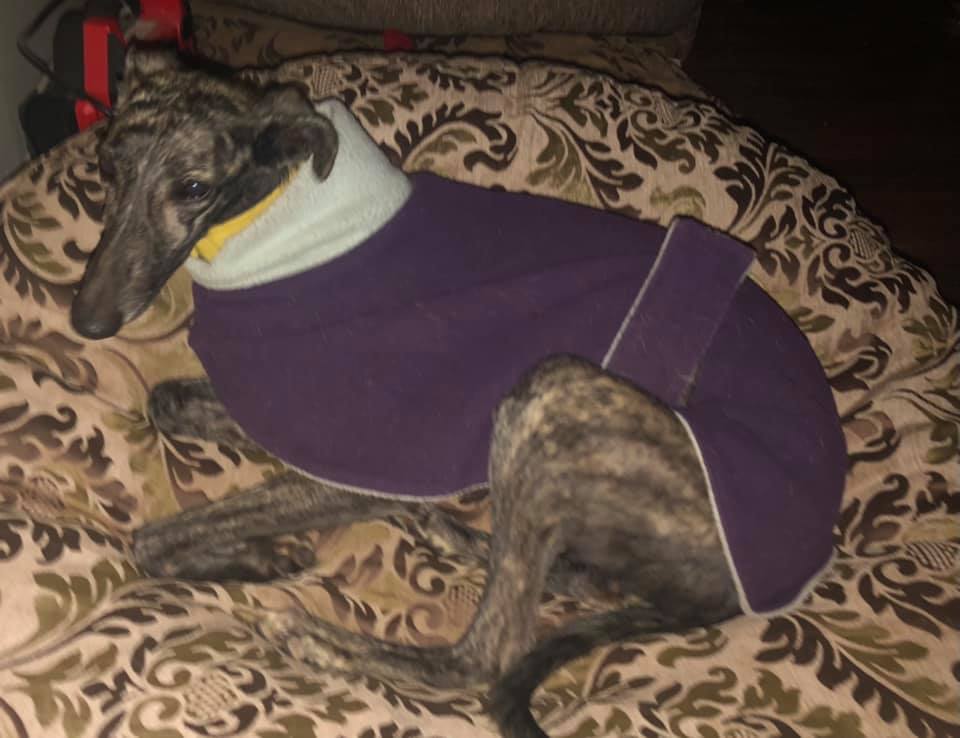Natural disasters--and even just really nasty weather--can strike anywhere. Just consider what heavy rains did to the Galgos del Sol shelter in Murcia, Spain recently. The dog enclosures flooded and high water blocked roads making it difficult for volunteers to get close enough to help. Here in the U.S., many are predicting another bad winter with snow forecasted for every month from November to March.
The time to start planning ahead is now. Here are some tips, from the Federal Emergency Management Agency (FEMA), to get you started:
- Put together a “go kit” for each dog. The kit should include an emergency ration of dog food, extra medicine, a muzzle, food bowls, bottled water, leashes and collars, a dog bed or blanket, copies of vaccines and maybe even a photo of your pet. Consider adding a travel carrier or collapsible crate. If your dogs are extremely anxious, you might consider adding anti-anxiety medicine and a plastic basket muzzle.
- Develop a pet care buddy system. Since most shelters (although this is changing in some areas of the country) won’t take pets, it’s important to plan ahead if you have to evacuate. What friends or relatives outside your immediate area could take your dogs if you have to evacuate? Check for local hotels that allow dogs. Also, check out boarding kennels you could use if necessary. If you got your dog from a rescue group (like SHUG), they can always serve as an emergency back-up for you.
- Evacuations may be called when you are not home--or not able to get home quickly. Talk to local friends and neighbors who have a key to your house and know your dogs. Ask if they can evacuate your pets in your absence and let them know where your "go kit" is located. NEVER leave your pets behind. Even if you’re told the evacuation will be short term, please take your pets with you. You just never know how long you’ll actually be gone.
- When the danger has passed, take the opportunity to assess your home and yard for damage very closely. Check your fence closely and be smart about new hazards that may have been introduced by wind and water--like snakes, downed power lines, sharp pointy sticks, and pools of stagnated water. Remember your dog is probably even more freaked out by what you've gone through than you are. Use a muzzle and common sense.
Natural disasters don’t just happen to someone else and somewhere else. They can happen to any of us.


